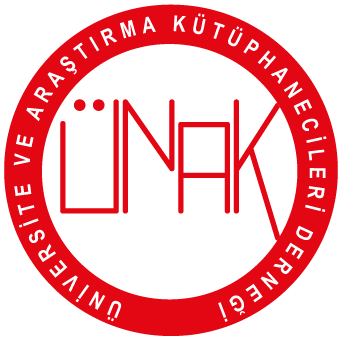Contribution of Public Libraries to Economic Development: Panel Data Analysis for TR2 and TRC Regions in Turkey
DOI:
https://doi.org/10.15612/BD.2022.675Keywords:
Knowledge economy, economic growth, public libraries, panel data analysis, TurkeyAbstract
When considered as a form of power from the past to the present, it is seen that the phenomena of land and capital, respectively, have affected the decision-making mechanism in the world. It can be stated that this evolution of management has continued with knowledge. Today, knowledge is power, and this power rules the economic structure of the world. Management is not a phenomenon that can be considered outside of economic relations. In this case, knowledge and economic development actually move together at much higher rates than anticipated. Today, although these two phenomena are observed on very advanced technological wars, the basis of the issue is based on the most local information centers – public libraries. Studies on public libraries have focused on librarianship as a field article. In order to add a more macro character to the field, the relationship between public libraries and economic growth, which is a macroeconomic variable, was analyzed in this study.
The relationship between knowledge and economic growth and development was investigated in this study. While examining this relationship, selected level regional groups in Turkey were used. Two different polar regions of Turkey, which are geographically and culturally different, were selected, and public libraries were discussed at the point of representing knowledge. In this case, the role of public libraries on economic development was explained.
The annual data for the period between [2015-2020] were used in the study. The data on the number of users, registered members, loan materials, library numbers, and book numbers related to public libraries were used to represent the independent variable of the study. The data covered all provinces included in the TR2 (Çanakkale, Balıkesir, Tekirdağ, Edirne, Kırklareli) and TRC (Gaziantep, Kilis, Adıyaman, Şanlıurfa, Diyarbakır, Mardin, Batman, Şırnak, Siirt) level regions. Per capita income, export figures, and the number of illiterate and unemployed people belonging to the provinces included in the TR2 and TRC regions were used to represent the dependent variable of the study.
In the study, three different models were established using the Panel Data Analysis method. Two of these established models were established for the TR2 region and one for the TRC region. As a result of these established models for TR2, it was seen that the Registered Member and User Number variables in the TR2 Level Region had a positive effect on economic development. In the model established for the TRC region, it was observed that the Registered Member and Book Number variables had a positive effect on economic development. In the light of the findings obtained from the study, it is necessary to include more supportive local policies that will increase the direct and indirect effects of public libraries on individuals and the economy.
Downloads
Published
How to Cite
Issue
Section
Copyright (c) 2022 Information World

This work is licensed under a Creative Commons Attribution 4.0 International License.






